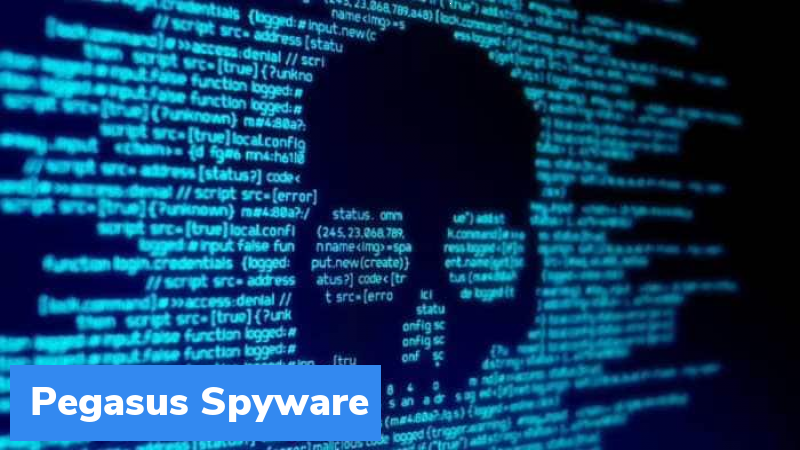First-Ever Anti-Spyware Declaration
On March 30, the US and 10 other nations issued the first-ever significant anti-spyware declaration. It recognized the threat posed by the misuse of commercial spyware and seeks to realize the importance of stringent domestic and international controls on the proliferation and use of this technology. The declaration stated that Australia, Canada, Costa Rica, Denmark, France, New Zealand, Norway, Sweden, Switzerland, the United Kingdom, and the United States would take decisive steps to create robust guardrails and procedures within their respective systems.
Executive Order by Joe Biden
US President Joe Biden issued an executive order on March 29, prohibiting the US federal government from using spyware. This move came after several high-profile incidents, including the Pegasus spyware scandal involving the Israeli company NSO Group.
NSO Group: A Dominant Force in the World Spyware Market
Although Israel was not singled out in the anti-spyware declaration, the NSO Group was frequently brought up in a media briefing by a senior US administration official. A recent US think tank report also asserted that Israeli spyware, comprising several groups, has dominated a major portion of the global spyware market. The report has brought the attention of the world towards the dangers of spyware and the need for strict regulations.
Blacklisting of Israeli Companies by the US Commerce Department
Late in 2021, the US Commerce Department added NSO and other Israeli companies to its “blacklist.” As a result, Israel’s cyberattack industry has already suffered significant setbacks. The recent anti-spyware declaration may signal the beginning of a new, more severe crackdown on spyware.
Recognising the Threat of Commercial Spyware
Spyware tools are critical for intelligence and law enforcement agencies to counter threats like terrorism, organised crime, and drug lords. However, powerful and invasive spyware tools have been used to target and intimidate perceived opponents, curb dissent, limit freedoms of expression, peaceful assembly, or association, enable human rights violations and more.
Pushing Back on Spyware’s Marketability
The nations will take concrete steps to push back on spyware’s marketability by working within their respective systems to establish robust guardrails and procedures. They will ensure that any commercial spyware use by their governments will not go against universal human rights, the rule of law, and civil rights and civil liberties.
Month: Current Affairs – April, 2023
Category: International / World Current Affairs


